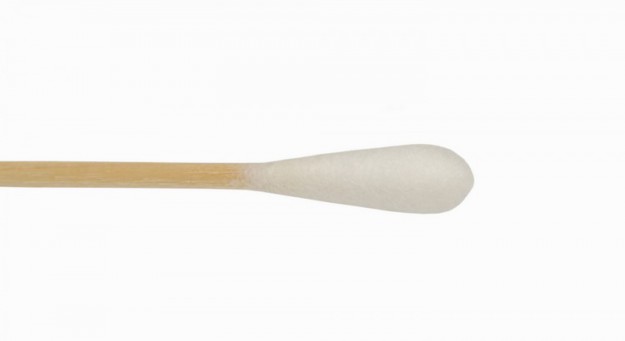A DIY pap smear home kit?
mis à jour le 24 June 2015 à 10:58French researchers have shown that self-testing at home could be just as effective as conventional smears to detect pre-cancerous lesions in the cervix. But is it that simple?
All over the world, cervical cancer is the second most common cancer in women, with over 600,000 cases and 300,000 deaths estimated in 2015. This is a figure that could be significantly reduced by improving the early detection of HPV causing the disease. However, only 60% of women follow the recommendations of health authorities for pap smear tests (ie. once every three years, after two negative tests a year apart). This is also a result of overly irregular visits to the gynaecologist, or trouble getting an appointment with a specialist.
Researchers from the Centre Hospitalier Régional de Tours in France have decided to focus on self-testing to see if they could come up with a valid alternative to the pap smear. They recruited 722 women and offered them to try a home testing kit themselves, after having completed a visit to their gynaecologists. The test is in the form of a long cotton swab, which must be introduced into the vagina to collect cells in the cervix. The sample can then be sent to a specialized lab for analysis. According to scientists, this study showed that self-sampling is a powerful medium and just as effective as pap smears to detect precancerous lesions. 15% of women say they struggled to perform the test and 9% found it painful, but researchers are still enthusiastic about this new detection method. Whilst carrying out further studies, they recommend combining this technique with the traditional smear to detect any infections.
Maureen Diament




